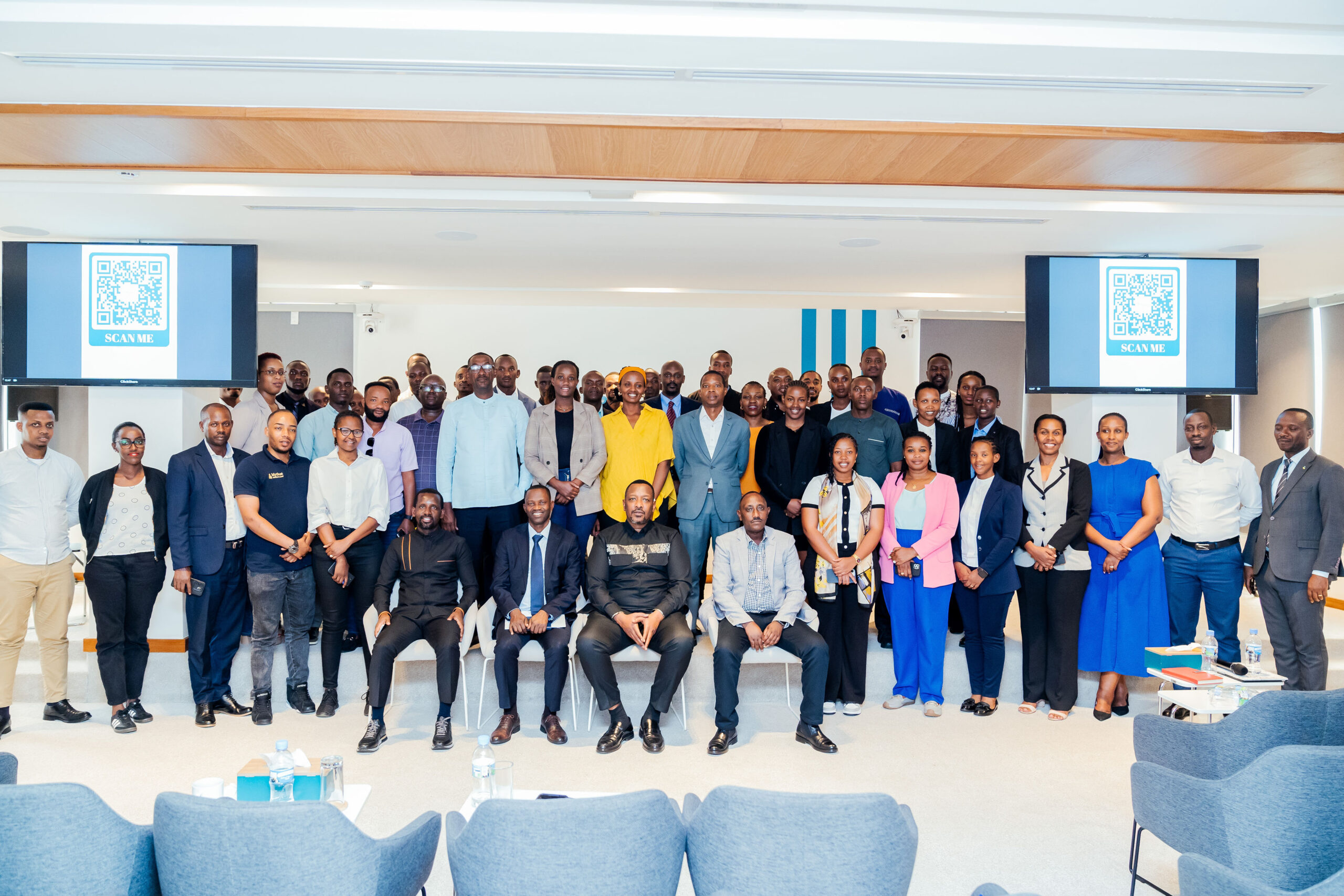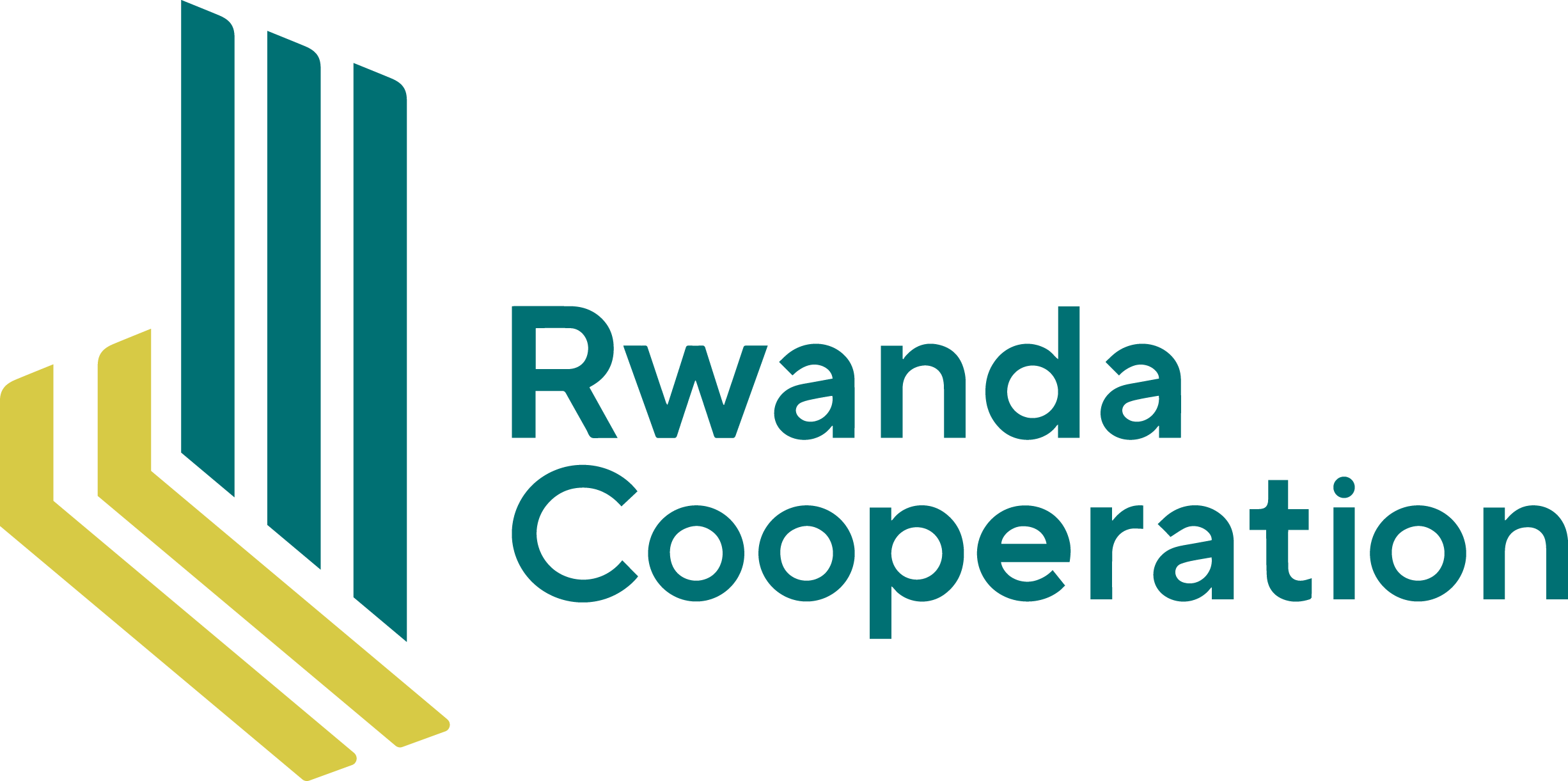2025
Rwanda Cooperation Trained Service Providers

The training aligned Rwanda’s overall service delivery goal ofachieving 90% customer satisfaction by 2029 and RCI’s Strategic Goal 7: “Have Best-in-class Organizational Management and Process Disciplines in Place,” and Rwanda Cooperation Action Plan (2025–2026).
It was also consistent with Rwanda Cooperation’s commitment to continuous improvement and Rwanda’s broader Vision 2050, specifically human capital development.
The workshop gathered approximately 60 participants from key public and private sectors, including the hospitality industry, transport and fleet management companies, the Rwanda National Police, and representatives from the Ministry of Foreign Affairs and International Cooperation (MINAFFET).
A Call for Continuous Improvement and Teamwork
The workshop was officially opened by Eng. Patricie Uwase, CEO of Rwanda Cooperation. She emphasized the importance of teamwork in achieving 'Team Rwanda' service excellence goals. Eng. Uwase commended the service providers, hotels, transport companies, and security partners for their continued collaboration, noting that “most delegations praise Rwanda’s service as being beyond expectation”.
However, she stressed the importance of continuous learning, reminding participants that “the biggest room in any house is the room for improvement”. Since its inception in 2018, RCI has hosted over 7,000 delegates from 76 countries. Exchanging knowledge with such culturally diverse delegates requires continuous improvements, reflections, and reskilling.
The day-long workshop featured presentations by key government and RCI officials to equip trainees with the necessary diplomatic skills, protocol etiquette, and cultural awareness.
Gasper Kabalisa, Training and Study Visits Manager (TSV), presented findings from recent service delivery monitoring reports. The report showed commendable cumulative satisfaction in the provision of services to delegates. Specifically, Lunch Services scored 94.4% and Transport Services 93.1% respectively.
Key strengths identified included, according to service delivery monitoring, food quality and hygiene in lunch services, and driving safety and punctuality in transport. However, Kabalisa highlighted that the focus must now shift to improving courtesy, consistency, and presentation. Other areas of improvement included drivers’ smartness and courtesy.
The training covered Diplomatic etiquette and cultural awareness, which aimed at filling some of the recurring gaps. Ms. Joella Umutesi from the Ministry of Foreign Affairs and International Cooperation (MINAFFET) highlighted the role of protocol etiquette and cultural awareness in service delivery, underscoring the importance of understanding diplomatic norms, respect for diversity, and effective communication when serving high-level delegations.
State of Service Delivery in Rwanda:
Mr. Alexis Afrika from the Rwanda Governance Board (RGB) provided evidence-based insights on Rwanda’s broader service delivery performance and targets. He highlighted the national goal of achieving 90% customer satisfaction by 2029. The training was organized in consistency with the above national service delivery target.
To achieve the target, Afrika urged all service providers to embrace collaboration, professionalism, and accountability to uphold Rwanda’s reputation.
Moving Forward with Stronger Partnerships
In his closing remarks, Mr. Freddy Makuza, Chief Finance Officer, RCI, shared RCI's expectations moving forward. He encouraged participants to apply lessons from the training and uphold the highest standards in every engagement with international delegations. The workshop concluded with the provision of certificates to attendees, reinforcing the collaborative spirit and strong commitment among all partners toward achieving service excellence. The key recommendations included enhanced coordination, continuous capacity building, and implementing a structured feedback mechanism to ensure measurable improvement in service delivery.
Published: November 12, 2025
By: Paradis Mukundwa
Share
